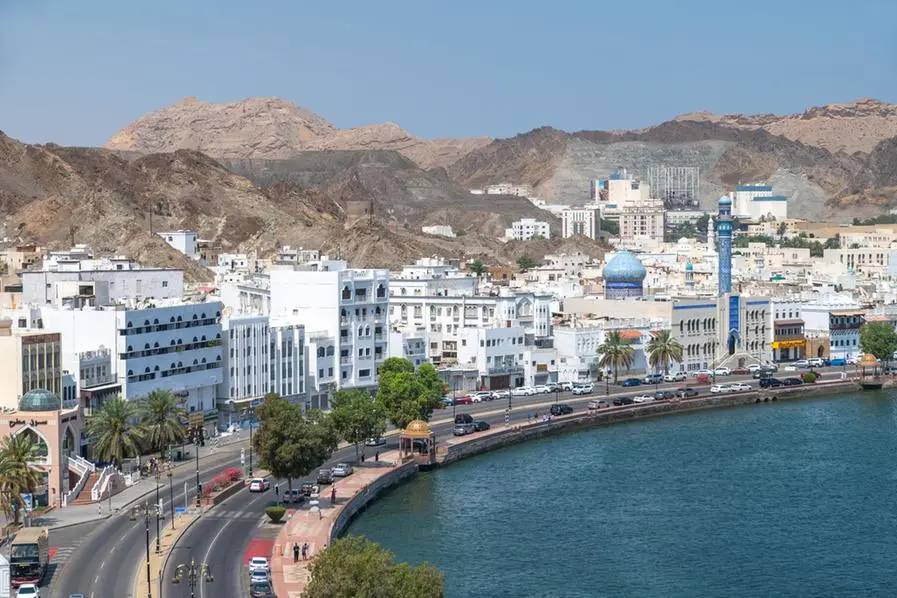PHOTO
Muscat – The International Finance Corporation (IFC), a member of the World Bank Group, on Monday signed three partnership agreements with Omani entities to support sustainable investment opportunities in the sultanate. These agreements aim to strengthen sustainable finance in Oman and promote private sector growth by creating jobs and driving economic diversification.
The agreements were signed on the sidelines of World Bank Group Day, hosted by Oman’s Ministry of Finance. The event brought together representatives from the World Bank Group, IFC, and the Multilateral Investment Guarantee Agency (MIGA), as well as officials from the public and private sectors. The opening ceremony was held under the auspices of H E Sultan Salim al Habsi, Minister of Finance.
The gathering formed part of ongoing efforts to boost growth in Oman’s public and private sectors. The Ministry of Finance plays a pivotal role in supporting these efforts by cultivating a sustainable investment and development environment that aligns with the objectives of Oman Vision 2040.
The first agreement, signed between the IFC and Future Fund Oman (FFO), aims to explore and develop joint investments in several key sectors, including sustainable green manufacturing, clean energy, tourism, logistics, agribusiness, and healthcare. This initiative supports economic diversification and helps to enhance non-oil revenue streams.
The second agreement, signed between the IFC and National Finance Company, provides a total of $120mn to support sustainable projects in Oman, including initiatives in clean transportation, renewable energy, and energy and water efficiency for both individuals and SMEs.
In addition, the IFC signed a cooperation agreement with United Solar Polysilicon (USP) to support the development of a $1.6bn greenfield polysilicon plant in Sohar, with a planned capacity of 100,000 tonnes per annum. This project aims to diversify and expand global supply chains in the solar energy sector, making it one of the largest polysilicon production facilities outside East Asia.
The event also featured two workshops. The first focused on strategies to strengthen the private sector’s role in the national economy, highlighting its importance in achieving sustainable development in Oman.
The second workshop showcased the IFC’s role in supporting the private sector through financing and technical advisory services. These efforts contribute to the national objectives outlined in Oman Vision 2040, particularly those related to sustainable growth.
In his address, Mahmoud Abdullah al Awaini, Secretary General of the Ministry of Finance, affirmed that the event reflects a broader commitment to promote sustainable economic development and unlock new growth opportunities for both the public and private sectors in Oman, leveraging strategic partnerships with the World Bank and the IFC.
He added that the event marks a key milestone in ongoing dialogue with the IFC and the World Bank, ensuring that Omani companies can benefit from global expertise, a range of financial solutions, and strategic guidance.
Aftab Ahmed, Regional Director for the Middle East, Afghanistan, and Pakistan at the International Finance Corporation, said, “These new agreements not only underscore Oman’s growing role in the region but also reflect strong investor confidence in the country’s economic potential.”
He further noted that the signing of the three agreements is part of the IFC’s broader efforts to strengthen its cooperation with Oman.
© Apex Press and Publishing Provided by SyndiGate Media Inc. (Syndigate.info).





















